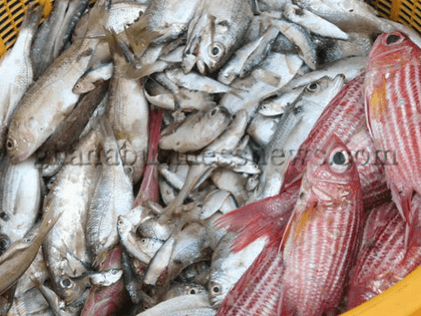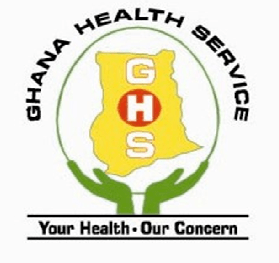
By P.K. Yankey, GNA
Takoradi (W/R), Jan. 3, GNA - Increasing human activities along the Western Coast such as improper waste management, oil and gas exploration, over fishing, unsustainable practices coupled with climate change, negatively affect the marine environment in Ghana.
This phenomenon results in the depletion of the fish stock, thereby crippling the economic status of fishers and fish mongers, which had a telling effect on the local and national economies.
An expert in marine governance, Mr Ben Botwe, said this at a validation workshop in Takoradi in the Western Region.
The workshop, which drew participants from the media, the Ghana Police Service, traditional rulers, the Environmental Protection Agency, Town and Country Planning, Marine Enforcement Unit, fishers, and the Ghana Immigration Service centred on "Eco-System Based Approach to an Integrated Marine and Coastal Environment In Ghana'
The workshop, titled; “Ghana's Pilot Project,” follows the Abidjan Convention, which recognises the importance of the Gulf of Guinea in respect of fishing, oil and gas development, maritime transport and biological diversity in supporting the socio-economic development of member states.
The project targeted four districts, namely; Jomoro, Ellembelle, Nzema-East, and Ahanta-West.
Mr Botwe said a host of activities such as the use of small nets, poison (DDT), and oil and gas extraction leading to accidents in times of spillage, coupled with climate change, were the leading causes of depletion in the fish stock.
He called for strategic planning to ensure judicious and harmonious use of resources to safeguard the marine environment.
Mr Jewel Kudjawu, the Chief Programme Officer at the EPA, who spoke on ecologically or biologically significant areas, called for proper mapping to ensure an integrated ocean management approach.
He said fishes must be protected around the mangroves to save them from becoming extinct, especially turtles.
Mr Kudjawu said it was necessary to study the migration routes of fishes such as dolphins and whales and where they feed as they had economic benefits for Ghana and the sub-Region.
He said findings on tracing the migration routes of fishes would soon be presented to government.
Mr Ebenezer Ntsiful, an Urban Planner at the Lands Commission, who spoke on the importance of water and sewerage, said most of the communities with oil and gas activities lacked treated and hygienic drinking water.
He noted that those communities also lacked good roads to access healthcare and that the workshop would collate stakeholder views on how to address pitfalls in the various districts.
Madam Celestina Deku, a Senior Team Planning Officer, Lands and Spatial Planning Authority, who spoke on "Marine Special Development Framework", called for the implementation of an integrated ocean management approach to achieve the object of the Abidjan Convention.
She stressed the need for an eco-system approach towards a sustained integrated marine and coastal environment.
GNA
Read Full Story













Facebook
Twitter
Pinterest
Instagram
Google+
YouTube
LinkedIn
RSS